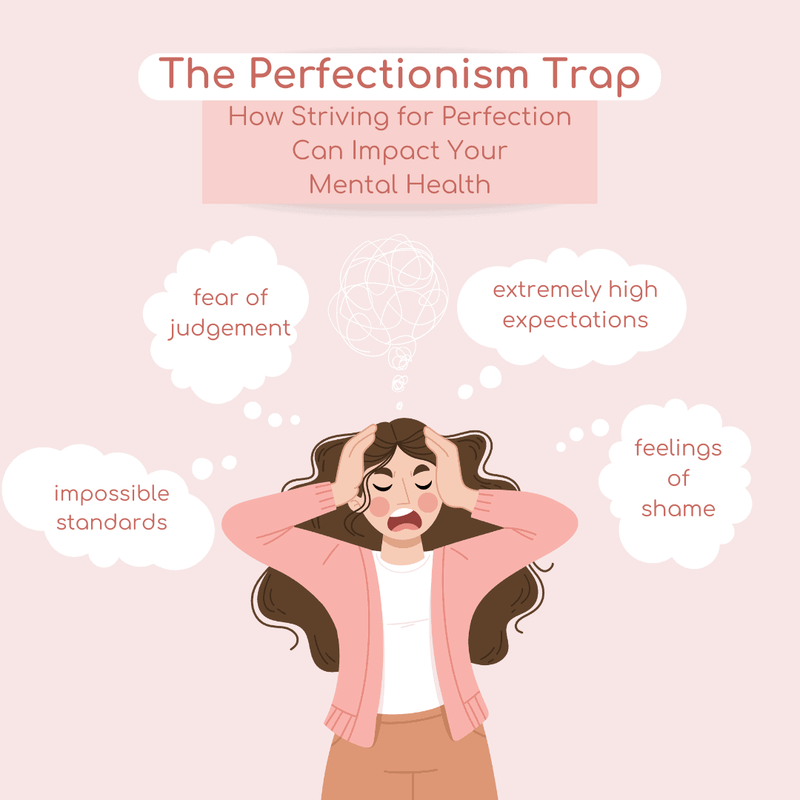Yesterday, after finishing a client’s order, I felt an unexpected sadness sink in. Everything was ready and packaged with love, yet one piece — a round pillowcase — sat heavy on my mind. I couldn’t celebrate the completion; instead, I found myself spiraling into doubt.
The sadness came from a simple detail: the zipper. I couldn’t find the longer zip I had planned, so I used a shorter one. When I tried sliding a pillow into the case, it refused to go in. Yes, if someone filled it straw by straw it might work, but that isn’t the Sakurah standard I hold myself to. I already know this piece isn’t how I envisioned it, and that thought has been gnawing at me since.
And then my perfectionist brain whispered: *“If this pillowcase turns into bad feedback, it will join the others… the five flawed orders in four years.”* Suddenly, instead of seeing all the joy Sakurah has created, I could only feel the weight of those few ghosts.
The Five That Haunt Me
- My very first client, four years ago — I completely messed up a pillowcase. I refunded her, but she never returned.
- An urgent last-minute order, where the client gave me wrong sizes, and then returned everything the next day. I had stayed up all night sewing.
- A satin bonnet that a client loved in fabric and look, but it slipped too much at night. It taught me that preferences matter as much as quality.
- A small order where the elastic tie I bought turned out weak and the items didn’t hold. It was only Rs 20, but I still offered a refund.
- And now this round pillowcase with its stubborn zipper.
Five in total. Five that I replay more than I should. Five that, if I look closer, each taught me something I wouldn’t have learned otherwise.
And maybe this isn’t just me. Maybe it’s human nature. We carry criticism like scars but let compliments fade like whispers. A hundred people can thank us, yet one frown will live in our minds longer. It’s as if the positive doesn’t matter, as if joy isn’t strong enough to compete with doubt. But isn’t that the greatest trap of all? To believe the dark spots define the whole picture, when in truth, they are only small shadows on a bright canvas.
Why does this affect me so much? Because I’m a perfectionist. Not the glamorous kind of perfectionist that produces diamonds, but the kind that builds bubbles of self-doubt. One flaw feels like it erases a hundred successes. I replay the mistakes long after they are gone. I tie my worth to stitches and zippers, and when one fails, I feel as if I have failed too.

The perfectionism trap: when one flaw feels louder than all the wins.
Perspective in Numbers
Here’s the truth outside the perfectionist bubble: in four years, Sakurah has made over 600 clients happy. Only five orders brought issues. That’s less than 1%. In business terms, that’s exceptional. Many small brands face 5–10% returns or complaints as a normal part of operations. Even giants like Amazon or Zara expect higher return rates as part of business reality.
*Illustrative midpoint: most industries face 5–10%.
Yet my mind keeps choosing to stare at the 5. What about the 600? Six hundred brides, sisters, daughters, friends, women who smiled when they opened their packages. Six hundred “thank yous.” Six hundred reasons to believe in this little boutique. Isn’t that the louder story?
If you run a small business, maybe you know this battle too. Don’t let the 1% define you. The negatives are not signs that you should give up—they’re signs that you’re in the arena, that you’re doing the real work. Take what you can learn from them, then look at the joy you’ve created, because that is the true measure of a business.
My wisdom after four years? Perfectionism can cripple, but perspective can heal. Mistakes are not proof of failure; they are teachers. And learning to carry both—the ache of the few and the gratitude of the many—is what makes a business not just alive, but resilient.
Looking back, I see my patterns. Sometimes I acted too fast from guilt, remaking things at my own cost. Sometimes I should have waited, trusted the client to speak first. Sometimes I punished myself harsher than any client ever did. And sometimes, yes, I did exactly right—took responsibility, fixed what was broken, and grew. All of it together is Sakurah. All of it together is me.
But maybe it’s time to break that chain. To train our minds to hold on to the light as tightly as we grip the shadows. To let the praise count, not just the criticism. The truth is, it’s normal to have negatives — because we are human, because nothing alive is flawless. What matters is how we use them. The true ones are not weights to carry forever, but lessons that stretch us into better makers, better humans, better dreamers. The rest we can let go.










